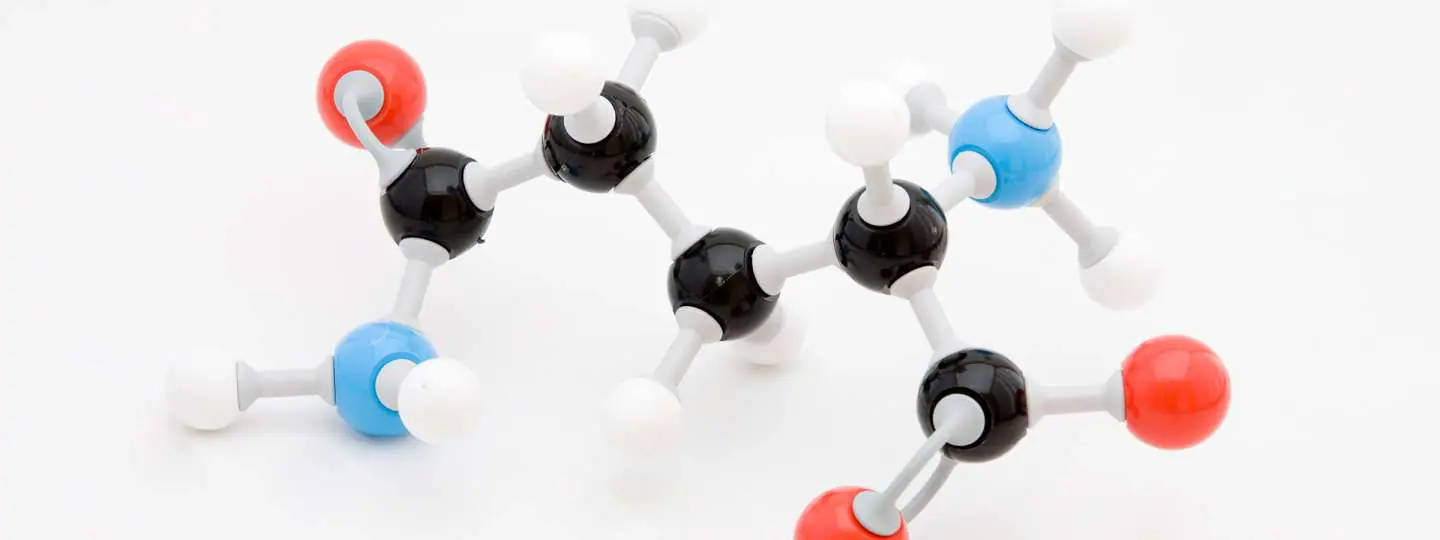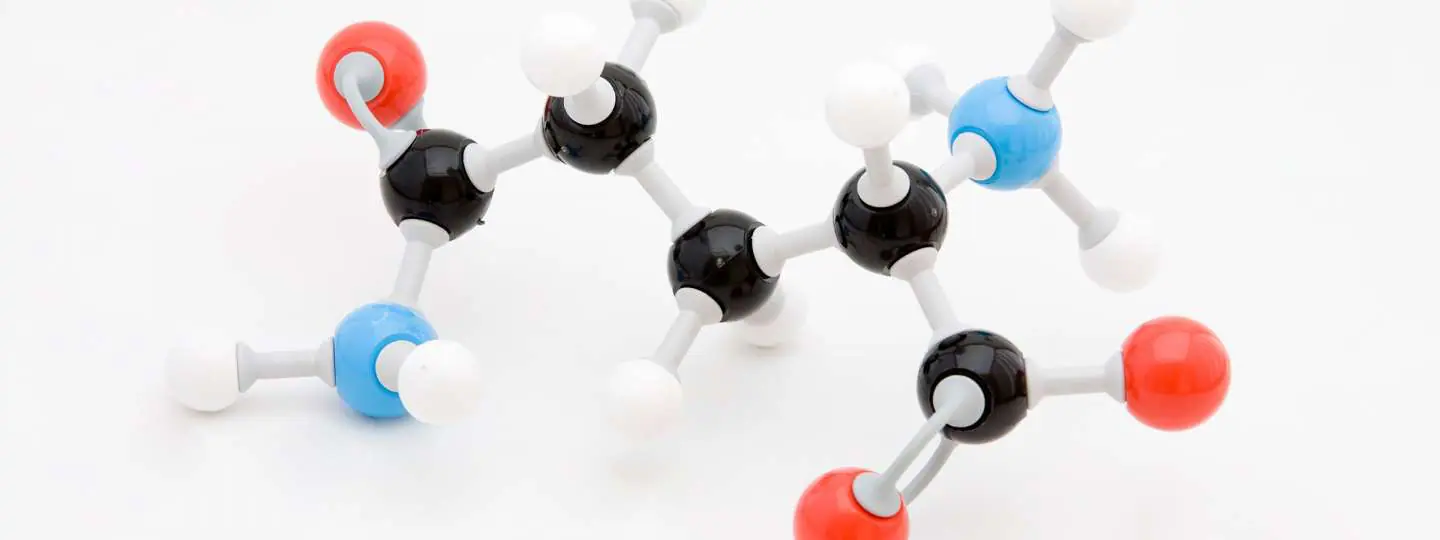More About Amino Acids
Building Blocks for Life
It’s not an exaggeration to say that amino acids are the foundation for all life on Earth. The molecular building blocks of protein, amino acids are essential for many basic life and body functions.
In addition to their essentiality in the assembly of proteins for both collagen (an important connective tissue) and muscle tissue, amino acids play an integral role in a wide range of bodily functions.
They’re required for the production of certain neurotransmitters, as well as enzymes for the digestion of foods and many other biochemical processes including detoxification, the production of genetic materials and hormones, and so much more.
Amino acids and the proteins they comprise account for approximately 75% of the human body’s dry weight. Talk about important!
Types of Amino Acids
Despite over 500 known amino acids, with an infinite number of possible variations, there are only 20 amino acids deemed necessary for human health. These amino acids are grouped into three categories – essential, non-essential, and conditionally essential.
In addition, some of these amino acids can also be classified as branched-chain amino acids, as well as other amino acids of nutritional value that don’t neatly fit into these other categories.
- Essential – Essential amino acids are those that the human body cannot synthesize (produce) on its own; they’re always obtained from the diet, without exception. There are nine essential amino acids – histidine, isoleucine, leucine, lysine, methionine, phenylalanine, threonine, tryptophan and valine. A recommended daily allowance (RDA) of about 15,000 mg per day has been established by the National Academy of Sciences for adults 19 and older.
- Non-Essential – Non-essential amino acids can be assembled or synthesized by the human body from ingested materials and do not need to be obtained from the diet. There are four non-essential amino acids – alanine, asparagine, aspartic acid, and glutamic acid.
- Conditionally Essential – Normally your body is capable of producing conditionally essential amino acids and doesn’t need to obtain them from your diet. However, in certain stressful situations, the body requires higher levels of these amino acids and obtains them from your diet. You may see these amino acids also referred to as conditionally non-essential, but they’re one and the same. There are seven conditionally essential amino acids – arginine, cysteine, glutamine, tyrosine, glycine, proline, and serine.
- Branched-Chain Amino Acids – The essential amino acids leucine, isoleucine and valine collectively are referred to as the branched-chain amino acids (BCAAs).This amino acid group accounts for approximately 35% of the essential amino acids in muscle proteins, with 40% required from a healthy diet. They’re critical for muscle protein synthesis and they support normal muscle repair processes.
- Free-Form Amino Acids – Free-form amino acids refer to single amino acids that are already in a pre-digested form and ready to be used by your body. Some nutritional products, especially amino acid blends, contain whole proteins and large peptides (chains of amino acids), which the body must first break down into smaller peptides and individual amino acids before use. For faster utilization and better bioavailability, look for free-form amino acids.
In addition, there are several amino acids, peptides and amino acid-like nutrients that support various body systems, including L-Carnitine, N-Acetyl-Cysteine (NAC), Citrulline, Glutathione, and others.
NOW® Amino Acid Supplements
For more than 45 years NOW has been empowering people to lead healthier lives with premium quality amino acid supplements.
We carefully screen both raw materials and finished products for identity, potency, purity and composition. We offer a variety of potencies and forms including capsules, vegetable capsules, tablets, lozenges, liquids and powders.









